|
Beekeepers across the South West are calling on the public to join their first Asian Hornet Spring Watch campaign over Easter.
The highly destructive Asian hornets (Vespa velutina Nigrithorax) start to emerge from hibernation in the next few weeks before building up their numbers in the summer. Somerset’s Asian hornet action team coordinator Lynne Ingram said they hoped people from across the county would take part: “Lockdown means that people will be spending more time in their gardens and on walks around their neighbourhood this Easter. “We would like people to look for Asian hornets on flowers such as camellias, trees that ooze sap and in sheltered spots like sheds and porches while keeping within government guidelines in relation to Covid-19.” Asian hornets have distinctive orange faces and yellow tipped legs and are smaller than the bright yellow striped European hornet. “If anyone sees an insect they think is an Asian hornet, check it out on the Asian Hornet Watch app which has an identification guide and lets you send in your sightings.” Beekeepers and conservationists hope to mobilise support from all over the region to prevent the destructive insects getting established in the UK where they will decimate populations of pollinating insects and honeybees. “Given the many pressures on our precious pollinators, including climate change, habitat destruction and pesticide use, it’s vital we do all we can to support them by reporting sightings,” she added. Somerset Beekeepers’ Association has many useful ID materials on its website including a children’s colouring-in sheet. https://www.somersetbeekeepers.org.uk/resources.html Asian hornets are a notifiable invasive species and should be reported immediately, preferably with a photo using:
Ends Notes to editors: Asian hornets (Vespa velutina nigrithorax) are slightly smaller than native European hornets and look like large black wasps with an orange face and yellow legs:
A single Asian hornet can kill 50 bees a day, with a nest containing up to 6,000 workers and up to 350 queens. In Jersey, France and large areas of Western Europe they are stripping the environment bare of insects before moving on to prey on managed honeybee colonies. Asian hornets are a notifiable invasive species and should be reported immediately with photo using:
Beekeepers from across the South West are getting ready to tackle the imminent threat of deadly Asian hornets ahead of the coming season following a training day held in Somerset.
Organised by Somerset and Devon Beekeepers’ Associations on behalf of the South West Beekeepers’ Forum, 150 beekeepers have returned to their beekeeping associations armed with the latest techniques to combat the insects which could decimate honeybees and other pollinators. Somerset’s Asian hornet action team co-ordinator Lynne Ingram said: “We are on the Asian hornet front line here in the South West and this training day was a great opportunity to prepare ourselves for the season ahead. “Asian hornets don’t respect boundaries so it was important to start preparing to work together across the region. Although it was mainly beekeepers who attended the event, one of the key messages to get across is that Asian hornets are not just a problem for beekeepers. “We now know that these hornets build nests in garden hedges, bramble patches, in holes in the ground and also on buildings. We will be working hard to educate the public so that everyone can recognise a hornet and report a sighting. With thousands of people looking out for them, we have some chance of slowing the invasion.” The day-long programme included presentations about the latest research from Dr Peter Kennedy of the University of Exeter and Alastair Christie, Jersey’s Asian hornet coordinator, who shared his experience tracking the non-native hornets on the Channel Islands. SWBKF Chair Peter Darley commented: “I certainly learned a lot from some very good speakers and workshops and came away with a far clearer idea on how to proceed in our preparations to fend off the coming invasion…All of us can learn from Somerset's lead and, as a Forum, we are lucky to have them and their experience to show us the way.” Asian hornets (Vespa velutina nigrithorax) have distinctive orange faces, yellow tipped legs and are smaller than the bright yellow striped European hornet. They are a notifiable invasive species and sightings should be reported immediately:
Ends Photos were taken at the Asian hornet training event held at Bridgwater, Somerset. Notes to editors: Somerset Beekeepers’ Association (SBKA) is a Registered Charity run by volunteers and works to advance the craft of apiculture within its membership and to promote general awareness and understanding of honeybees. SBKA has given all its members monitoring traps and identification materials and the county is covered by 12 Asian hornet action teams which are trained to help with identification and to assist bee inspectors with verifying and tracking sightings. Asian hornets are active mainly between April and November (peak August to September) and are inactive over the winter.
Somerset Beekeepers’ Association and Exmoor National Park Authority are today (September 4) calling on the public to be on the lookout for yellow-legged Asian hornets which pose a serious threat to honeybees and other pollinators.
Beekeepers, supported by Exmoor National Park staff, have been investigating an as yet unconfirmed sighting of the highly invasive Vespa velutina nigrithorax in the Minehead area. Asian Hornet Week runs from September 9 to 15 throughout the UK and coincides with a good opportunity to prevent the destructive insects getting a foothold. Anne Pike, chairman of SBKA, said: “Vigilance is a cornerstone of our defence strategy and we want to mobilise the county to be on the lookout throughout September and October to protect the environment we treasure so much.” Somerset Beekeepers have set up 12 Asian hornet action teams, which cover the county, to follow-up reported sightings and educate the public. Ali Hawkins, Exmoor National Park Wildlife Conservation Officer, said: “There is a real risk to our own native honeybee and European hornet if these alien species are allowed to take hold. Given the many pressures on our precious pollinators, including climate change, habitat destruction and pesticide use, it’s vital we do all we can to support them by reporting sightings. A good quality photo gives the best chance of tracking down the nest to prevent further invasions and Autumn represents the most likely time to see them on the wing.” People in both rural and urban environments are urged to check plants which are in flower and attracting insects in the coming weeks, such as ivy. Anne Pike added: “The difficulty of protecting the UK from Asian hornets is underlined by Jersey’s experience. The first Asian hornet was spotted on the island in 2016 and, in spite of the efforts of local beekeepers and volunteers, this year they have caught 69 queens, discovered 54 nests and are still looking for more.” The Asian hornet has a distinctive orange face and yellow tipped legs and is smaller than the bright yellow striped European hornet. Asian hornets are a notifiable invasive species and should be reported immediately, preferably with a photo using:
ends Anne Pike, Chairman of Somerset Beekeepers’ Association, tel: 07971 275840; email: [email protected] Ailsa Stevens, Communications Officer, Exmoor National Park Authority, tel: 01398 322244, mob: 07772 092128, email: [email protected] Pic cap: An Asian hornet foraging on ivy in Brittany. Photo credit: Stewart Gould, Somerset Beekeepers’ Association Notes to editors: Somerset Beekeepers’ Association is a Registered Charity run by volunteers and works to advance the craft of apiculture within its membership and to promote general awareness and understanding of honeybees. Asian hornets (Vespa velutina nigrithorax) are slightly smaller than native European hornets and look like large black wasps with orange face and yellow legs:
A single Asian hornet can kill 50 bees a day, with a nest containing up to 6,000 workers and up to 350 queens. In Jersey, France and large areas of Western Europe they are stripping the environment bare of insects before moving on to prey on managed honeybee colonies. Asian hornets are a notifiable invasive species and should be reported immediately with photo using:
About Exmoor National Park Authority - www.exmoor-nationalpark.gov.uk First designated in 1954, Exmoor National Park has an amazing variety of landscapes within its 267 square miles – stunning coast, moorland, woodland, valleys and farmland and more than 800 miles of rights of way to enjoy. It is one of 15 National Parks in the United Kingdom and in 2011 was designated Europe’s first International Dark Sky Reserve. Exmoor National Park Authority works in partnership with the community, local councils, businesses and other organisations to look after the National Park and promote its conservation and enjoyment. Donations to CareMoor for Exmoor are gratefully received towards the upkeep of the National Park and its special qualities. Follow us on Facebook, Twitter, and Instagram. Somerset Beekeepers’ Association is calling on visitors to the Royal Bath & West Show, which starts tomorrow (May 30) at Shepton Mallet, to be on the alert for a major threat to the UK’s pollinators.
For the first time they are running an interactive exhibit about the Asian hornet (Vespa velutina nigrithorax) in the Show’s popular Bees & Honey Feature. Association chairman Anne Pike said: “We want gardeners, farmers, walkers and all countryside-lovers, as well as beekeepers, to be on high alert for the imminent arrival of Asian hornets. “These hornets look like black wasps with yellow tipped legs and are as devastating to pollinators as foot and mouth disease was to livestock. “In France, where Asian hornets arrived in 2004, honey production is down by 50 per cent reflecting the impact these non-native and highly invasive insects are having on honeybee numbers.” Members of the newly-formed Asian Hornet Action Team will be on hand to talk to visitors about the hornet and explain how to correctly identify them. In addition to large information banners, there will be glass cases displaying Asian hornets next to European hornets and honeybees, identification leaflets to take away and children’s colouring-in sheets. Master Beekeeper Lynne Ingram, who heads up the Action Team, added “The greatest resource we have in fighting the Asian (yellow legged) hornet are members of the public. They are our eyes. Come into the tent and find out what an Asian hornet looks like. This time of year, look out for tiny embryo nests in sheds or garages. If you wait you will see the queen returning to feed her larvae. In June the workers will emerge and you may find them drinking nectar on flowers. If you see one, take a photo and report it on the Asian Hornet Watch app or contact [email protected] for further advice.” In addition, Somerset Beekeepers will be demonstrating the invaluable role honeybees play in the pollination of the nation’s best-loved food crops including apples and strawberries. Somerset members, together with beekeepers from Avon and Wiltshire, will be taking part in a highly competitive honey show, will run candle rolling for children, offer free honey tasting and advice about all aspects of beekeeping. In addition, visitors will have plenty of opportunities to see honeybees at work in observation hives, where bees are behind glass, and in the outdoor bee garden where beekeepers will demonstrate behind protective netting. To find out more visit Somerset Beekeepers’ website: https://www.somersetbeekeepers.org.uk/ Ends For further information contact: Anne Pike, Chairman of Somerset Beekeepers’ Association, tel: 07971 275840; Lynne Ingram, Co-ordinator of Somerset’s Asian Hornet Action Team, tel: 07846 165877 Notes to editors: Somerset Beekeepers’ Association is a Registered Charity run by volunteers and works to advance the craft of apiculture within its membership and to promote general awareness and understanding of honeybees. Asian hornets (Vespa velutina nigrithorax) are slightly smaller than native European hornets and look like large black wasps with orange face and yellow legs:
A single Asian hornet can kill 50 bees a day, with a nest containing up to 6,000 workers and up to 350 queens. In Jersey, France and large areas of Western Europe they are stripping the environment bare of insects before moving on to prey on managed honeybee colonies. Asian hornets are a notifiable invasive species and should be reported immediately with photo using: Asian Hornet Watch app [email protected] [email protected] 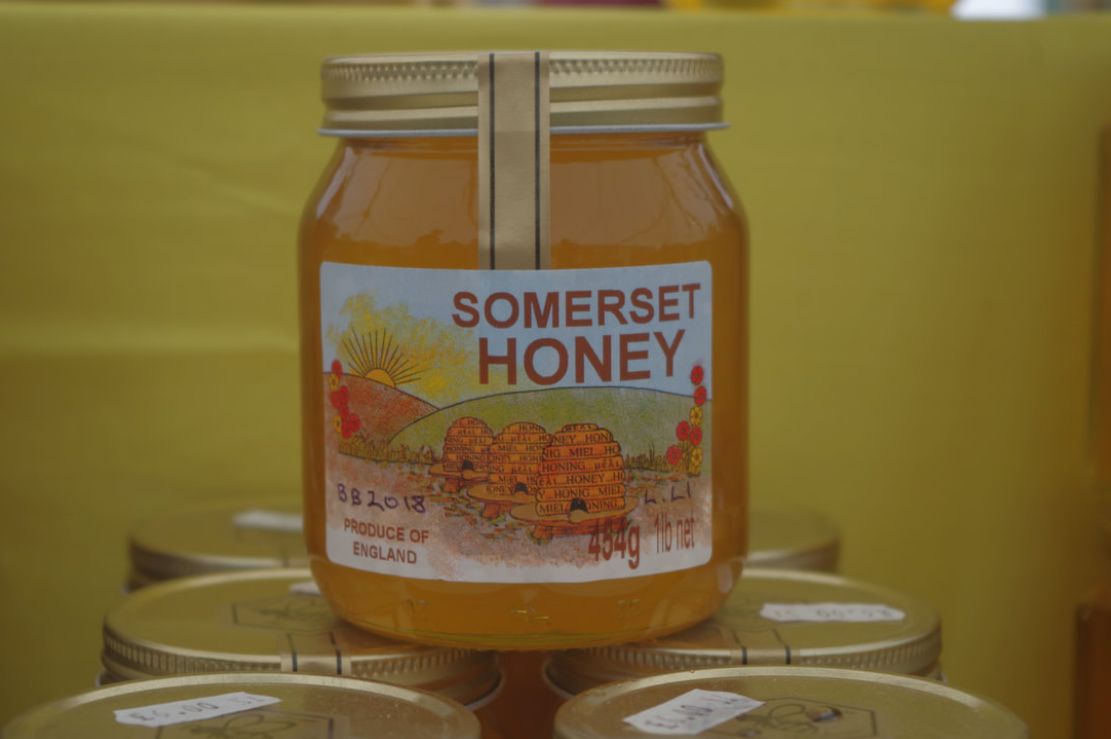 Somerset’s honey crop is one of the worst for decades say members of Somerset Beekeepers’ Association (SBKA). Some beekeepers have not harvested any honey at all, while others are substantially down on last year. The British Beekeepers Association’s (BBKA) annual Honey Survey released today (October 23, 2017) reveals that beekeepers in the South West saw their honey crop drop to 18 lbs per hive. SBKA Chairman Anne Pike said: “The glorious early Spring saw colonies build up fast but when the weather turned the honey stores were quickly consumed by the growing colonies of bees.” David Morris from Taunton has been keeping bees for 61 years and describes this season as the worst-ever and averaged just five pounds of honey per hive. “The cause is mainly weather-related,” he said. “We had a hot June followed by a wet July when what we want is the reverse to give us plenty of blackberry and clover nectar for a summer honey flow.” Local honey is in short supply and prices are expected to rise to reflect this season’s shortage. “Local honey is an extraordinary, natural product – it’s usually raw (untreated), contains local pollen and is additive-free,” added Anne. “Honey doesn’t just taste different from place to place, but from hive to hive and week to week! To use a wine term, local honey truly reflects the local terroir.” There are two honey crops a year, one in Spring and the other at the end of the summer and one hive can produce 60lb (27 kg) in a good season. Bees fly about 55,000 miles, making more than a million visits to flowers, to make just one pound of honey. Margaret Murdin, BBKA Chairman, concludes: “Everyone can play a part in helping honey bees and all the other insects they love such as butterflies and bumble bees by planting the right sort of flowers and shrubs. Check the label to see that anything you plant will be rich in nectar and pollen, as not all plants are equal in this respect. A crocus is so much better for bees than a daffodil, for example. “Our survey shows that suburban gardens and urban roof tops produce some of the best honey crops, so how we garden really can make a difference.” Ends Somerset beekeepers have been given wildflower seeds by Burts Bees to plant new pollinator patches in their apiaries. Quantock, Somerton and Taunton divisions of the Somerset Beekeepers’ Association (SBKA) are planting the seeds as part of the #Bringbackthebees campaign to provide more food for honeybees. Burts Bees, together with the British Beekeepers’ Association, is on a mission to create more pollinator-friendly habitats and has donated enough seeds to grow more than 100 million flowers. SBKA Chairman, Anne Pike, said: “I would like to encourage everyone to try and plant their own pollinator patch because together we can make a real difference. “The wildflower seeds have been specially selected to provide a pollen or nectar rich diet for honeybees. “I’d like to thank Burts Bees for providing the seeds and to the beekeepers of Quantock, Somerton and Taunton for all their help.” Pollen is especially important to honeybees when they are at the earliest stage of development and growing their wings because it is their only source of protein. In common with many other creatures, including people, protein is an essential building block for growth and honeybees will fail to thrive without sufficient protein from pollen in their diet. Loss of habitat is believed to be one of the factors behind the decline in numbers of a wide range of pollinating insects including honeybees, bumble bees and butterflies. The seed planting campaign is an initiative under the BBKA’s Adopt a Beehive scheme which raises funds for environmental and educational projects. Somerset Beekeepers’ Association is made up of 12 divisions and works to advance the craft of apiculture within its membership and to promote general awareness and understanding of honeybees.
|
Archives
September 2023
Categories
All
|
||||||
Somerset Beekeepers Association Charity © 2021 Registered CIO Charity 1206483
Affiliated to the British Beekeepers Association
Click here to view our Privacy Policy
Affiliated to the British Beekeepers Association
Click here to view our Privacy Policy
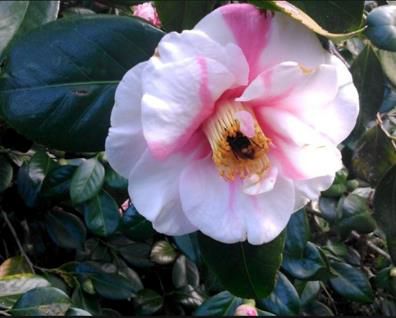
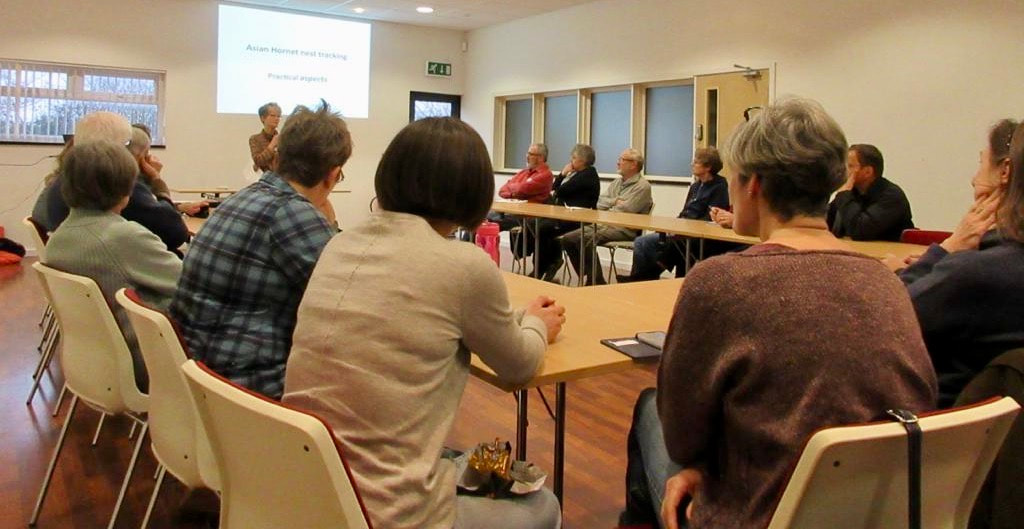
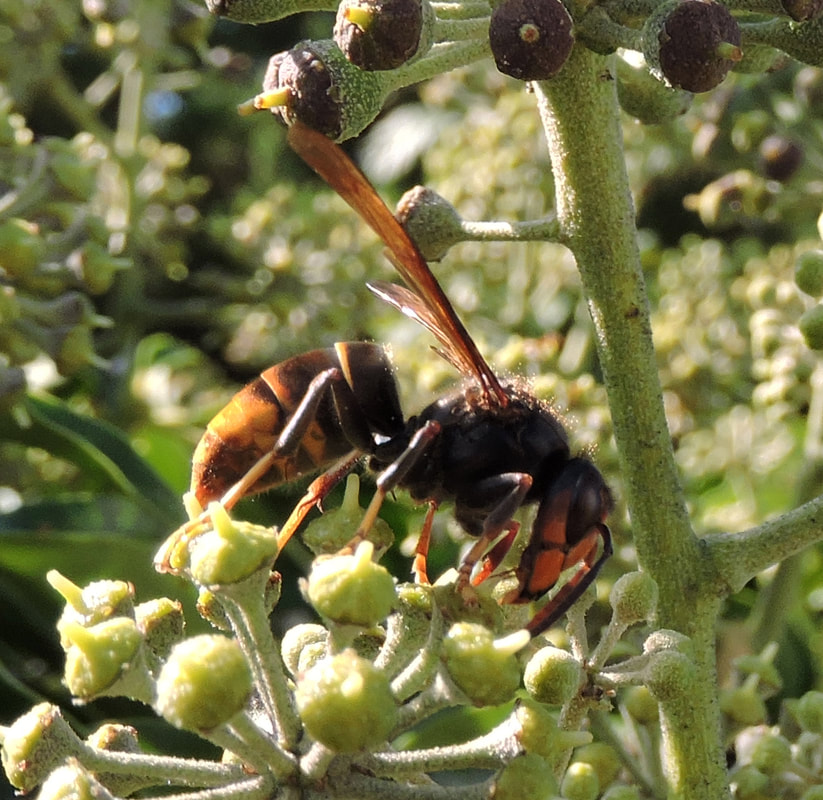
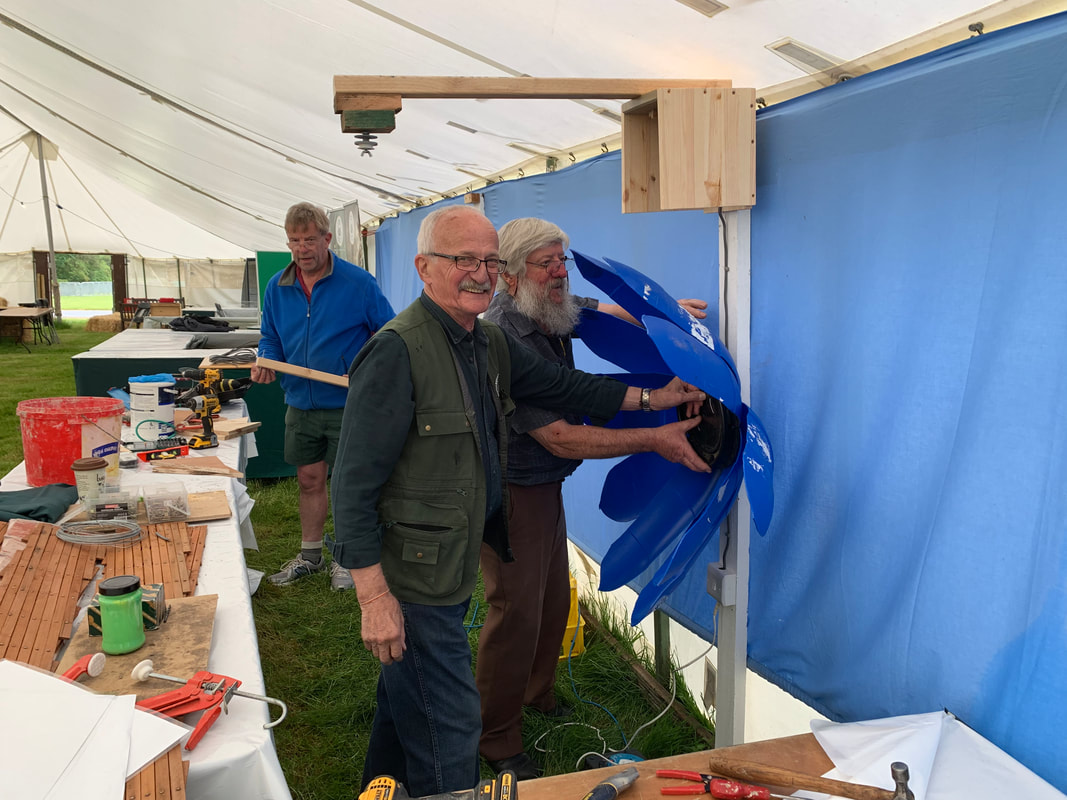
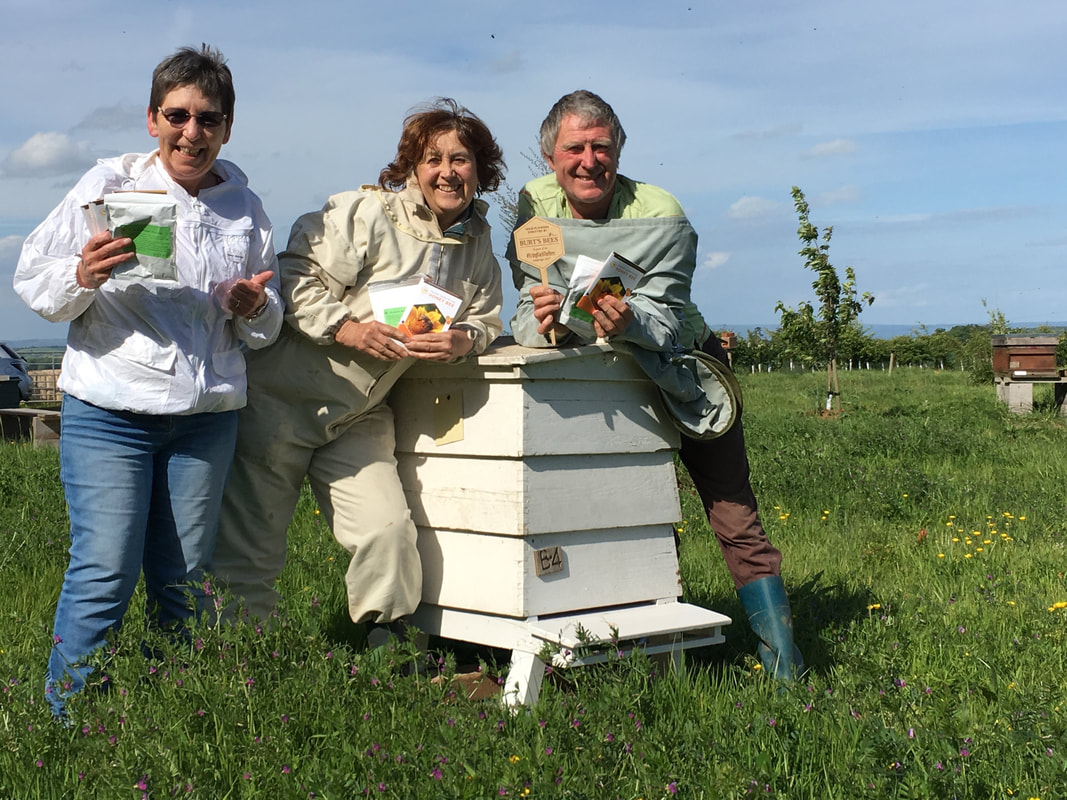
 RSS Feed
RSS Feed
